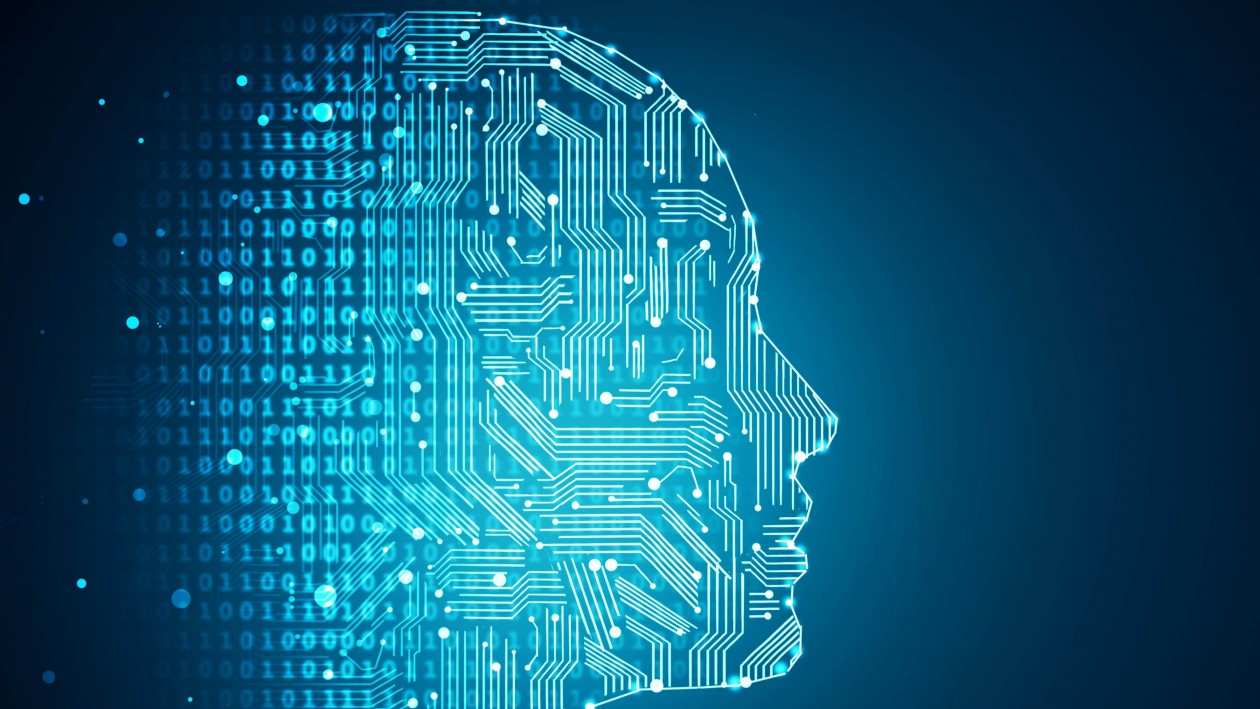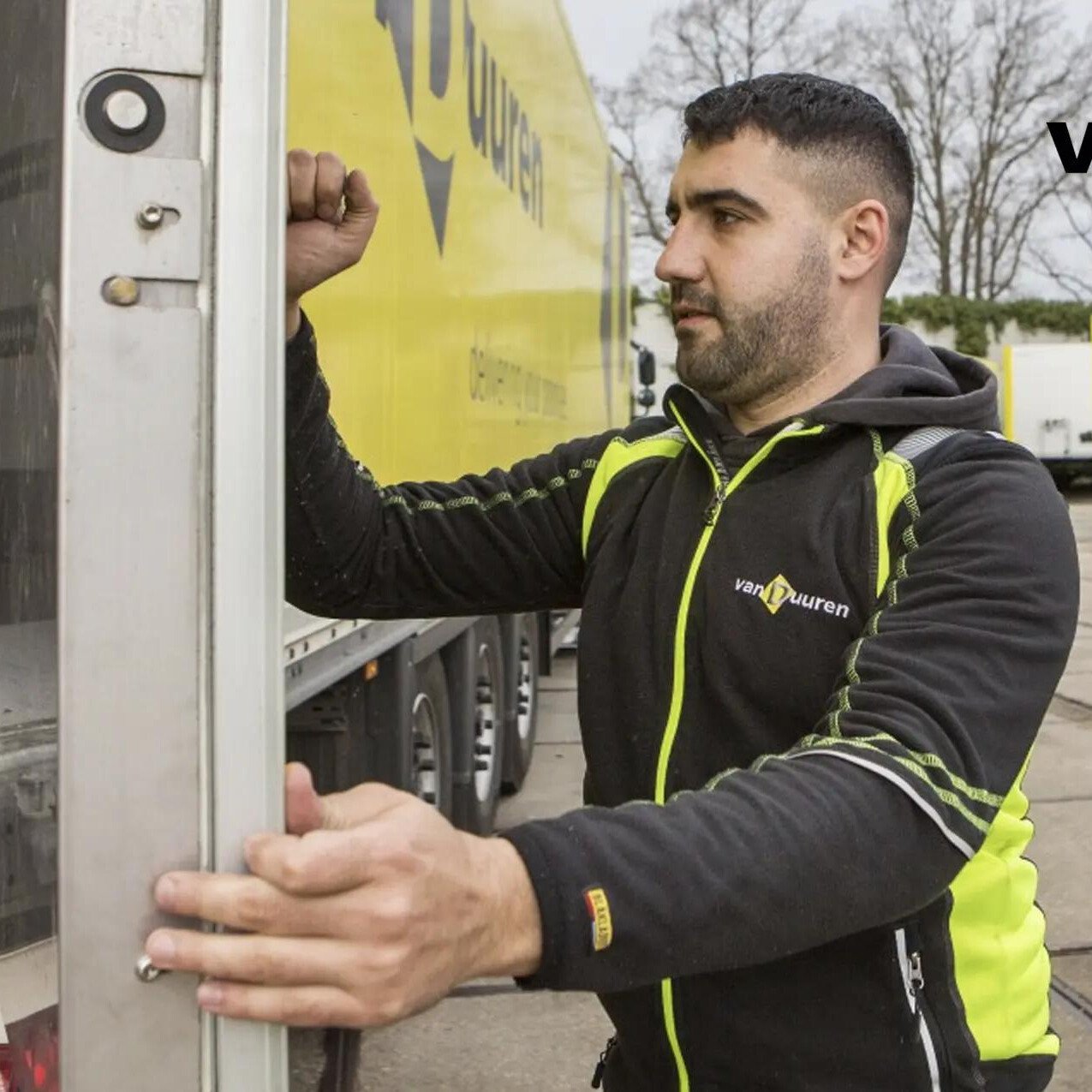
Artificial Intelligence (AI), Machine Learning, and data analytics: these are terms we often associate with science fiction, but which are already everywhere around us. Think of chatbots, apps like Google maps, and the recommendations given by Netflix and Spotify. Or the personal assistant in Google Photo’s, which suggests removing identical images. These are daily applications of smart technologies, which make our lives easier. But what is AI really?
AI is about imitating human intelligence by machines. These machines are learning, and turn those learned aspects into concrete actions. An example is a chess computer deciding which moves to make next.
A computer learns by learning rules: ‘when your opponent makes this move, then you do that move.’ Programmers type these rules into the program. A more advanced approach is to provide the computer with a collection of chess games. From those, an algorithm picks up patterns. This is called Machine Learning. That way, you obtain a model which can independently decide upon a certain move.
Fast progress in learning machines
Speaking about chess machines: in 1950 Alan Turing wrote the first chess program, as an early forerunner of AI1. The program could think two moves ahead. In 1966, IBM’s Deep Blue2 defeated chess master Gary Kasparov with a rule-based algorithm. This algorithm could think 12 to 14 moves ahead. The victory of Deep Blue2 is considered a breakthrough: computers are better at chess than humans. The performance of Alpha Go is even more impressive. This algorithm, based on Machine Learning and Deep Learning, defeated Go-world champignon Lee Sedol in 2016. Go comprises more combinations than chess. Sedol stopped playing professionally; he regards the computer unbeatable.
It can, however, go wrong with self-learning systems, which was shown by Twitterbot Tay. Through interaction with people, it started using racist language, and was quickly taken offline2.
More and more organizations use AI
Nowadays, more computing power and more storage space is available, which means there is more data available to train AI models. Therefore, the models that run AI applications become more and more reliable. Probably due of that fact, Gartner notices an increasing number of organizations using AI3.
Normally we don’t realize how much data we generate. Sending an email, for example, generates new data. Machines can process all that data faster and more accurately than humans. Staying with the example of email: MyAnalytics in Outlook automatically sends messages containing information about your email traffic. The system tells you with whom it is important to keep contact and gives advice to prevent your week from being overloaded with meetings.
Examples of AI in real life
AI brings possibilities to a variety of branches. A few examples4:
- Insurance companies can use AI to reveal fraudulent claims5.
- In healthcare, AI can help radiologists to assess scans, as a second pair of eyes.
- In the financial sector, smart machines can assist in credit checks of its applicants.
- In marketing, AI can help predict whether someone will make a purchase, or give recommendations for a consecutive purchase.
BPSOLUTIONS currently works on an AI-driven solution for business logistics. The model will predict whether orders are delivered on time or not. To do that, a model is fed with historical data: what was the expected delivery time and what was the actual delivery time? How was the weather, who was the supplier, which country did the pallets with boxes come from? The algorithm recognizes patterns in all the data. The benefit for the client is, for example, getting a notice of the adjusted delivery time.
.A data scientist takes a few steps in order to accomplish this:
- Determine data quality and clean the data (since not all data is suitable to feed to the model);
- Analyze data to compile the dataset (which data is relevant to feed the model with?);
- Choosing, testing, and finetuning the AI model to get the most reliable results.
AI used best in cooperation with humans
It is useful to know that in movies, machines take over the world, but in the real world, AI functions best in cooperation with humans. Machines are particularly good at performing simple, well-defined tasks. Computers take over repetitive tasks that we humans consider boring. For example, the AI solution in logistics that BPSOLUTIONS is working on, is about finding out which packages will be delivered at an altered time, which is both a boring and time-consuming task. People are still crucial in providing the ‘human touch’. With their empathy and common sense, they press the stop button when machines go out of control – like Tray.
BPSOLUTIONS is strong both in consulting about AI’s potential for organizations, and the execution – building AI models. Additionally, we implement a model in the infrastructure and monitor whether the solution does what it is supposed to do. We also re-train the model by feeding it with the latest data. This way we help you to seize opportunities, to work more efficiently, improve customer satisfaction, and stay ahead of your competition. That is what AI is all about, why AI is so important.
Would you like to know more about the possibilities of AI and what it can do for you? Reach out to one of our experts via www.bpsolutions.com, tel. +31 30 303 2900 or send an email to info@bpsolutions.com.
About BPSOLUTIONS:
BPSOLUTIONS helps organizations to organize their Mission Critical IT in a way that makes the organization smarter and can make progress. We do this by, on the one hand, ensuring that IT is and remains up and running and, on the other hand, we ensure with Data Analytics and AI that companies are ready for the future, with which data will really work for your company. In everything we do, we make the world a little smarter.
- https://www.history.com/news/in-1950-alan-turing-created-a-chess-computer-program-that-prefigured-a-i
- https://www.want.nl/technologie-flop-microsoft-fay-chatbot/
- https://www.gartner.com/smarterwithgartner/top-trends-on-the-gartner-hype-cycle-for-artificial-intelligence-2019/
- https://www.sas.com/en_us/insights/analytics/what-is-artificial-intelligence.html
- https://www.intermediair.nl/innovatie/artificial-intelligence/ai-zet-de-wereld-van-fraudedetectie-op-zijn-kop
Want to make your world a little smarter?
Get in contact with Christiaan Driessen and we will reach out to you.
Related Articles
Cyberaanval! Ben jij er klaar voor?
1/04/2025
Cybersecurity & Continuïteit: Isolated Recovery Environment as a Service
27/03/2025
Cybersecurity & Continuïteit: BaaS alleen is niet genoeg
25/03/2025
Cyberaanval? De impact is groter dan je denkt
23/03/2025
Detectie en isolatie: voorbereiden op een cyberaanval
18/03/2025











